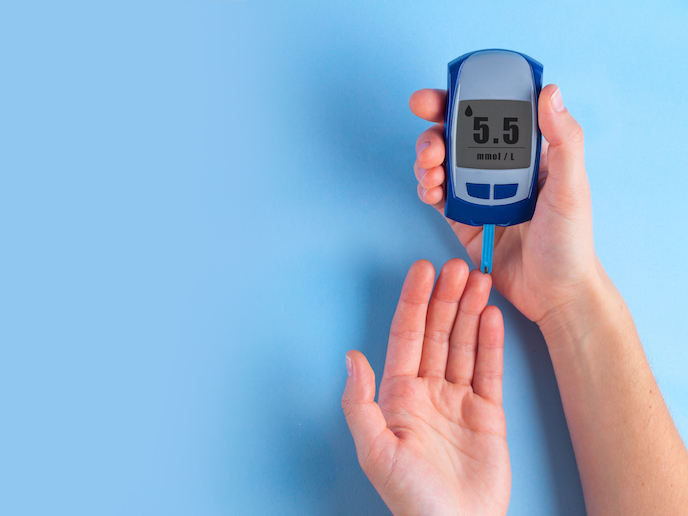Rapid diagnosis of meningitis
According to the World Health Organisation, bacterial meningitis is among the ten most infectious diseases. It is mainly caused by the bacteria Neisseria meningitides and Streptococcus pneumoniae with serious and even lethal consequences. The EU-funded RAPTADIAG (Rapid aptamer based diagnostics for bacterial meningitis) project has developed a portable device containing a diagnostic chip. The system will be suitable for in-hospital use or for remote application where resources are limited. RAPTADIAG constructed evanescent field (EVA) sensors based on aptamer technology for immunoassay recognition of bacterial pathogens. Aptamers are short DNA or RNA molecules that can bind target molecules enabling exploitation of their molecular recognition properties in therapeutic applications. They possess high affinity and specificity for their target and offer a number of advantages compared to antibodies. Additionally, project partners have developed microacoustic-resonating biosensors (MRSs) and liquid crystal-based biosensors (LCSs) for meningitis diagnosis. The three types of sensors are mutually complementary. MRS includes a high density of aptamers, thereby lowering its detection limit down to a single microorganism. LCS provides a qualitative means of visual inspection, enabling simple detection even with a mobile phone camera. With the added advantage of being very inexpensive, LCS has also shown outstanding sensitivity. The EVA-biosensors have been commercialised and provide results equivalent to ELISA testing at a fraction of the time with a much reduced volume of cerebrospinal fluid. All partners are still collaborating and are open to new research cooperation. Applications of the technology can be extended to new point-of-care applications to deal with environmental and public health threats from microbes.
Keywords
Diagnosis, meningitis, sensors, portable device, RAPTADIAG







